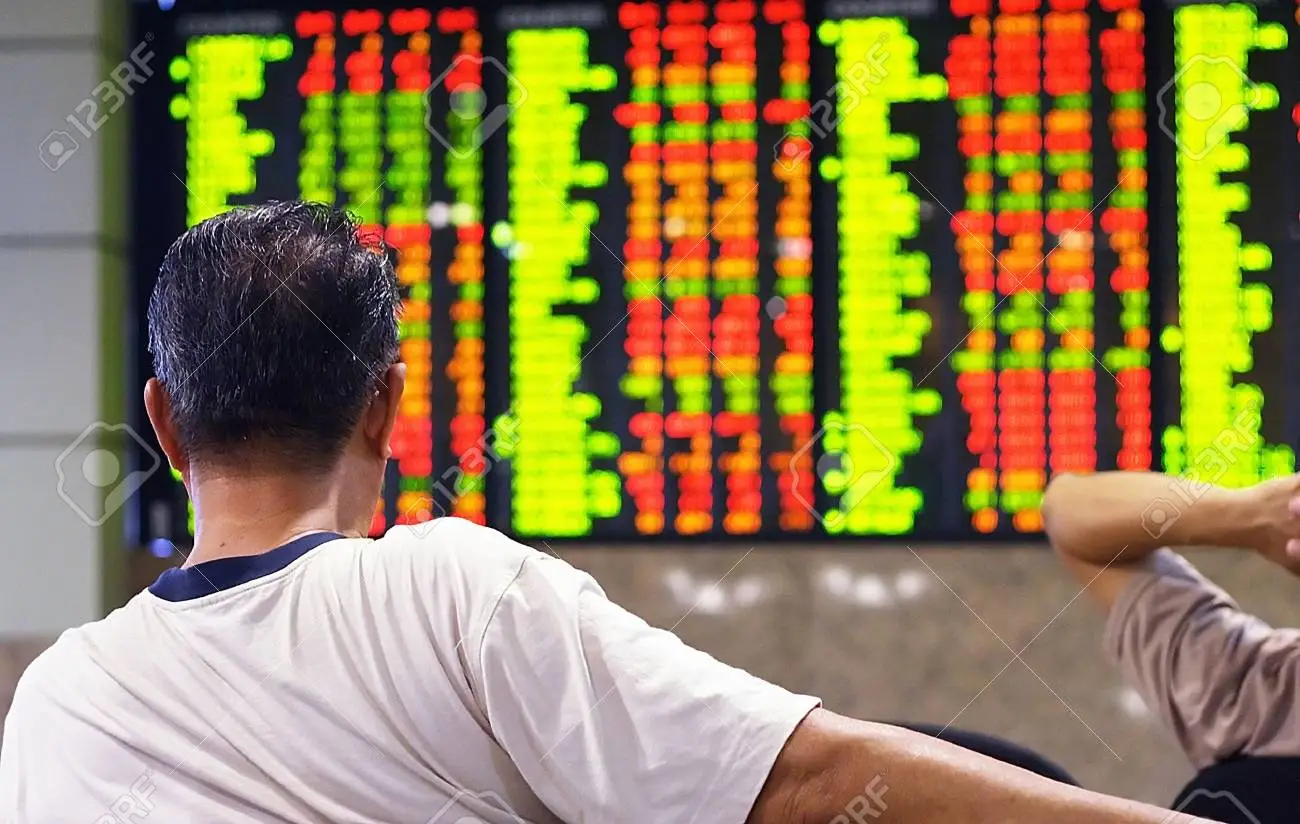Asian equities remained cautious and trading in a narrow range on economic worries, and a Fed decision was pending on Tuesday.
Asian markets wary of economic, banking, and China
Concerns over slowing economic growth and a potential financial crisis held most Asian stock markets in a narrow range on Tuesday. As investors were wary ahead of a Federal Reserve meeting coming up.
Rekindled concerns about a U.S. banking crisis putting pressure on Asian banks and financial stock prices. Especially after troubled lender, First Republic Bank (NYSE: FRC) was acquired by JPMorgan Chase & Co. (NYSE: JPM)
Due to a market vacation in China, however, regional trade volumes were constrained, even though negative economic data from the area hurt investor confidence in Asian markets.
A barometer for the Chinese economy, the manufacturing field, surprisingly contracted in April. According to statistics released during the weekend. Additionally, the service sector movement expanded slower than anticipated. Suggesting that the post-COVID economic recovery began to lose strength.
Given that China is an essential trading partner in this area, the pattern is not encouraging for economies in the rest of Asia. The stock market of China opens on Thursday, and the markets are already waiting for a response.
Stock Performers for Today
After Chief Executive John Lee stated that the city’s economy grew 2.7% in Q1, the Hang Seng index increased by 0.3%, reversing earlier losses. The official data, which is expected later today, is anticipated to reveal a 1.9% increase in the GDP.
Ahead of a Fed decision later in the day, the Nikkei 225 and the ASX 200 index of Australia each had declines of 0.1%. Interest rates are set to remain unchanged by the RBA for a second consecutive month despite indications that price inflation had topped.
After a series of better-than-expected profits from the industry the week prior, indexes heavily weighted in technology saw some gains. Taiwan’s Weighted index increased by 0.3% while South Korea’s KOSPI increased by 0.7%.
Wall Street indexes, which finished neutral on Monday as investors dug down ahead of the Fed meeting. Which gave regional markets a lackluster lead-in. On Wednesday, the central bank is largely expected to increase interest rates by 25 basis points. But investors are unsure if the bank would announce more rate increases.
Forex Markets in Asian Session
As the effects of a firmly dovish BoJ decision persisted days after the announcement. The yen kept on plunging, hitting a 15-year low against the euro.
The AUD surged to a one-week top. While the Reserve Bank of Australia, or RBA, startled markets with a rate increase and hinted that more tightening may be next.
In order to guarantee that inflation returns to its goal in a fair amount of time. The RBA raised the cash rate to 3.85% and indicated that “some additional” tightening may be necessary.
After being stuck at 66 cents for the majority of the previous week. The AUD increased by 1% to slightly under 67 U.S. cents
To reach 151.31 yen, the euro gained 0.24%, marking its highest point before Sept of 2008.
To reach 137.74 yen for the very first time after March 8, the US dollar increased by 0.21%. The highest point for the year could be reached if it rose beyond 137.90.
The next day, the ECB is anticipated to boost rates for a 7th consecutive meeting, with a 50 basis-point rise on the agenda. Due to this, the euro this past week reached an even higher of the $1.1096 mark.
Conversely, the BOJ decided to maintain ultra-easy stimuli measures on Friday. And began an evaluation of its monetary policy that might take a year and a half. Signaling that there is absolutely no rush for the normalization of policy.








